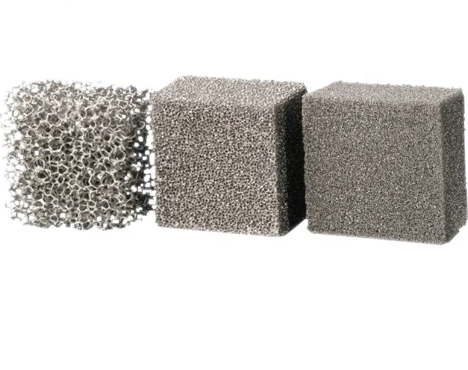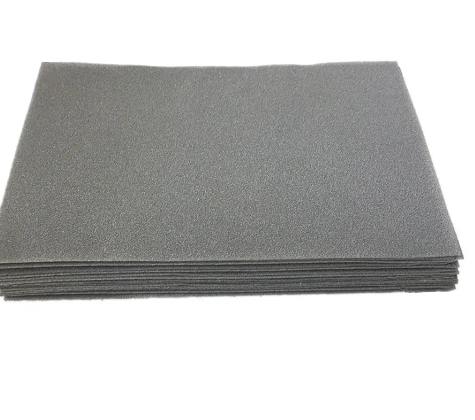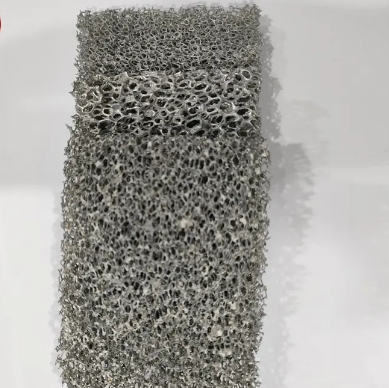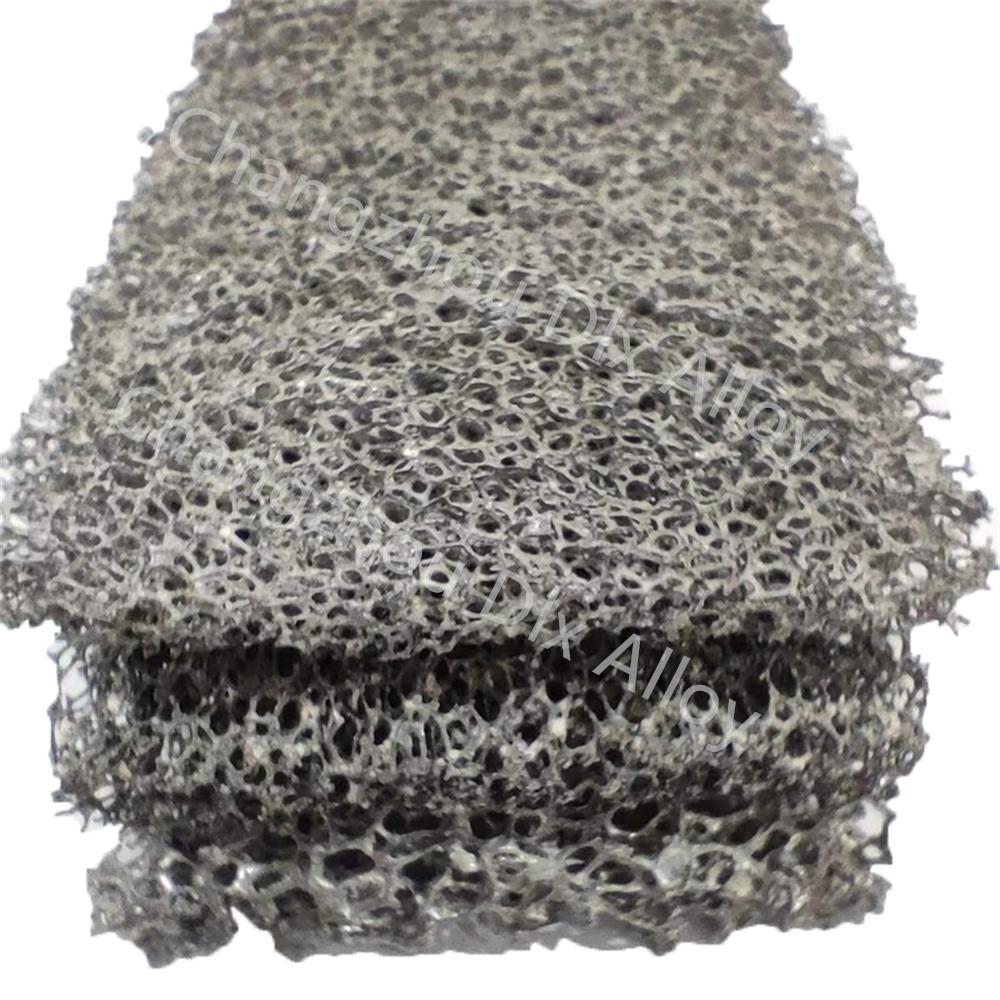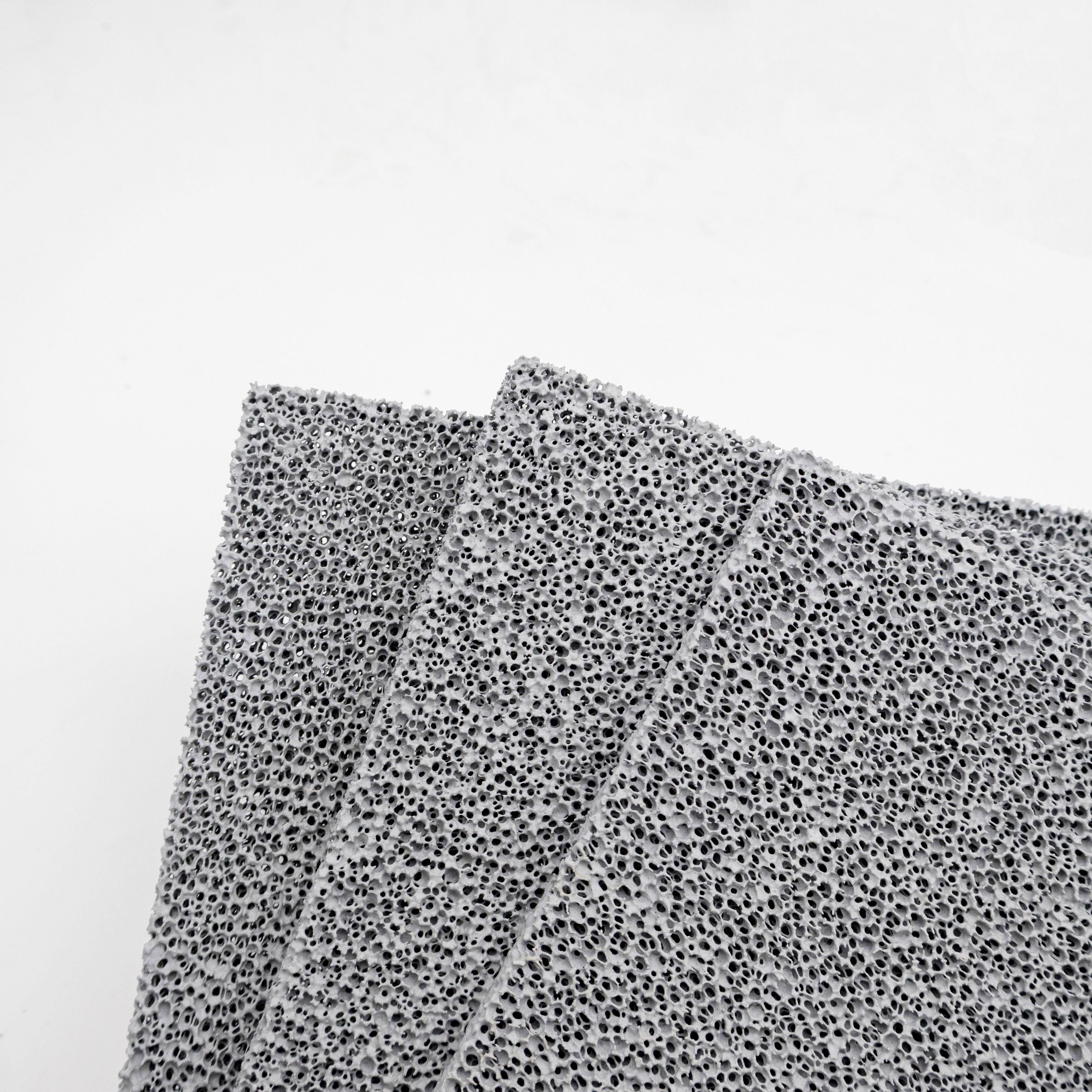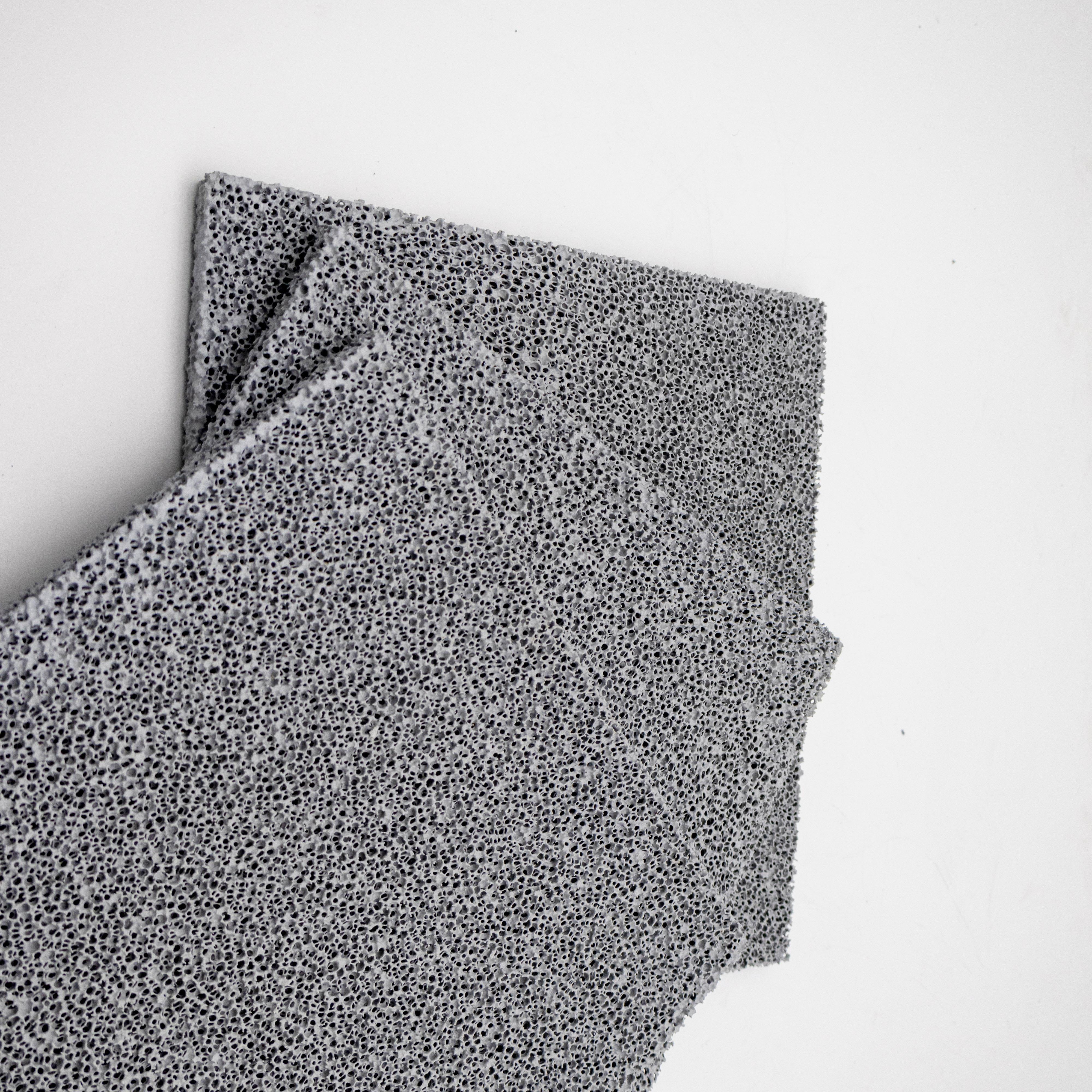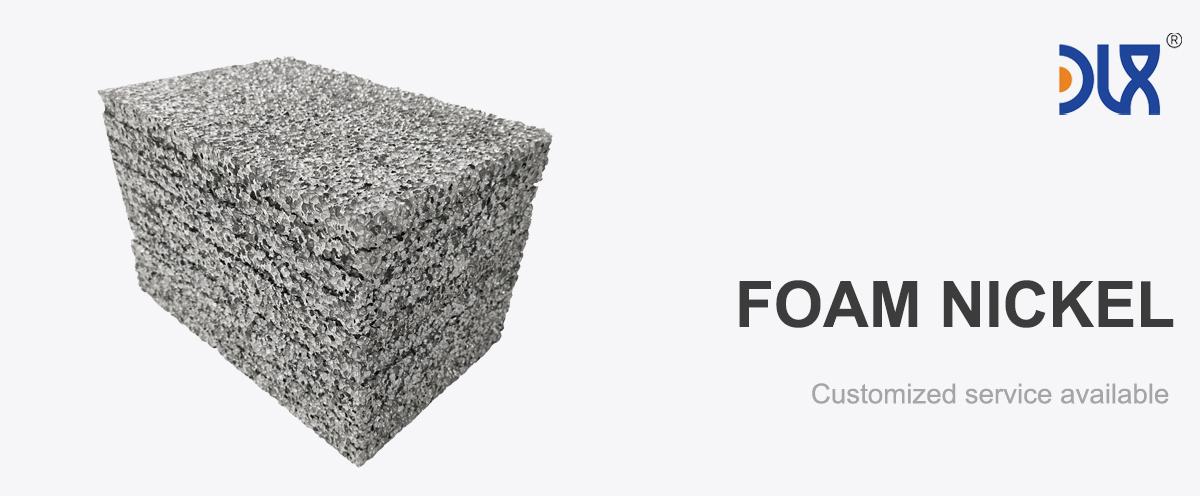
Our ultra-light Nickel Foam sheets are a powerhouse material designed to supercharge catalysis and filtration systems. With their featherweight design and high porosity, these sheets are transforming industries from chemical processing to environmental technology. Let’s dive into what makes our nickel foam sheets stand out, explore their applications, unpack industry trends, and show why we’re leading the way in delivering cutting-edge solutions for catalysis and filtration.
Our nickel foam sheets are crafted from high-purity nickel, featuring a three-dimensional, open-cell structure with up to 95% porosity. Weighing just 0.1-0.5 g/cm³, they’re among the lightest materials for catalysis and filtration, yet they pack serious durability and performance. Their high surface area maximizes catalyst loading for chemical reactions, while the open-cell design ensures efficient fluid flow for filtration. Corrosion resistance lets them thrive in harsh chemical environments, and their thermal conductivity supports high-temperature catalytic processes. We use advanced electrodeposition and 3D printing to customize pore size, thickness, and density, tailoring the sheets to your specific needs. Whether you’re purifying water or boosting chemical reactions, our foam sheets deliver unmatched efficiency and reliability.
|
Material |
Nickel foam, Sold in sheet |
|
Dimension |
500*1000, or customized as request |
|
Thickness |
0.5mm, 1.0mm, 1.5mm, 2.0mm, etc |
|
The aperture |
80 PPI (5-80 PPI available) |
|
Porosity |
90-98% |
|
Through Hole Rate |
≥98% |
|
Bulk density |
0.15-0.45g/cm3 |
For more details, pls directly contact us.
Catalysis and filtration are all about efficiency, and our nickel foam sheets are built to make both processes better. For catalysis, their ultra-high surface area provides more active sites for catalysts, speeding up reactions like hydrogen production or pollutant breakdown. The open-cell structure ensures smooth gas or liquid flow, reducing pressure drops and boosting filtration performance. Their lightweight design cuts system weight, a big win for applications like automotive emission control or portable filtration units. Corrosion resistance means they hold up in aggressive environments, reducing maintenance and extending lifespan. Plus, their thermal conductivity keeps catalytic reactions at optimal temperatures. This mix of lightweight design, durability, and efficiency makes our foam sheets a game-changer for modern systems.
Industry Analysis: The Nickel Foam Market Surge
The nickel foam market is booming, fueled by the global push for sustainable and efficient technologies. Valued at $180.5 million in 2023, it’s projected to hit $246.7 million by 2030, growing at a CAGR of 5.42%. Chemical processing and environmental technology are major drivers, as industries seek high-performance materials to meet strict regulations on emissions and waste. The rise of green chemistry, particularly in hydrogen production and water purification, is boosting demand for lightweight, durable catalyst supports and filtration media. Automotive and renewable energy sectors are also jumping on board, prioritizing materials that reduce weight and enhance efficiency.
Sustainability is reshaping the market. Regulations and consumer demand are pushing industries toward recyclable materials and eco-friendly production. Our ultra-light nickel foam sheets fit perfectly—they’re fully recyclable and made with energy-efficient processes. Innovations like nanostructured foams and 3D printing are opening new possibilities, allowing us to create tailored structures for specific applications. As industries chase greener, more efficient solutions, our nickel foam sheets are poised to lead the catalysis and filtration market.
Applications: Where Our Nickel Foam Sheets Shine
Our ultra-light nickel foam sheets are versatile, delivering results across a range of catalysis and filtration applications:
-
Catalytic Reactors: Their high surface area boosts reaction rates in processes like hydrogenation, oxidation, and ammonia synthesis.
-
Water Purification: The foam sheets enhance filtration systems, removing contaminants from wastewater for industrial and municipal use.
-
Air Purification: They support catalysts and filters that remove volatile organic compounds (VOCs), improving indoor and industrial air quality.
-
Hydrogen Production: Used in reformers and water-splitting systems, our sheets optimize catalyst performance for clean energy.
-
Emission Control: In automotive catalytic converters, they reduce emissions like CO and NOx, supporting cleaner air.
-
Chemical Synthesis: Their porosity and thermal conductivity enhance reactions for producing fine chemicals in pharmaceuticals.
Industry Trends: What’s Driving Nickel Foam Forward
The nickel foam market is moving fast, and we’re staying ahead of the curve. Here are the trends shaping the industry:
-
Green Chemistry Surge: The push for sustainable processes like hydrogen production and pollutant removal is driving demand for our foam.
-
Environmental Regulations: Stricter rules on emissions and water quality are boosting the need for efficient catalysis and filtration materials.
-
Sustainability Focus: Eco-friendly production and recyclable materials are must-haves, and our foam delivers with sustainable manufacturing.
-
Nanostructured Foams: Advances in nanotechnology are enabling ultra-high-surface-area foams, boosting performance in catalysis.
-
Lightweight Design Demand: Automotive and portable systems prioritize weight reduction, and our ultra-light foam is a perfect fit.
-
Customization Boom: 3D printing and electroforming let us tailor foam structures for specific applications, optimizing efficiency.
Why Choose Our Ultra-Light Nickel Foam Sheets?
We’re not just making nickel foam sheets—we’re crafting solutions that drive efficiency and sustainability. Here’s why our ultra-light nickel foam sheets stand out:
-
Ultra-Lightweight Design: At 0.1-0.5 g/cm³, our sheets slash weight without sacrificing strength, ideal for compact systems.
-
High Surface Area: With up to 95% porosity, they maximize catalyst loading and filtration efficiency, outperforming traditional materials.
-
Corrosion Resistance: Built to withstand harsh chemical environments, our sheets reduce maintenance and extend system life.
-
Thermal Conductivity: They ensure efficient heat transfer, critical for high-temperature catalytic processes.
-
Eco-Friendly Edge: Fully recyclable and produced with sustainable methods, our sheets align with green initiatives and global standards.
-
Expert Support: Our team partners with you from design to deployment, offering expertise to tackle your toughest challenges.
Comparison Parameters Table
|
Parameter |
Nickel Foam Sheets |
Ceramic Substrates |
Stainless Steel Mesh |
Polymer Filters |
|---|---|---|---|---|
|
Porosity |
High (up to 95%, customizable) |
Low (fixed structure) |
Moderate (less open structure) |
High (but inconsistent) |
|
Weight |
Ultra-light (0.1-0.5 g/cm³) |
Heavy (denser than nickel) |
Moderate (heavier than nickel) |
Lightweight (but less durable) |
|
Corrosion Resistance |
Excellent (resists harsh chemicals) |
Good (brittle in some conditions) |
Moderate (prone to corrosion) |
Poor (degrades in chemicals) |
|
Surface Area |
High (ideal for catalysis) |
Moderate (limited by structure) |
Low (minimal surface area) |
Moderate (inconsistent) |
|
Thermal Conductivity |
High (supports catalytic reactions) |
Low (poor heat transfer) |
Moderate (lower than nickel) |
Low (not thermally conductive) |
|
Mechanical Durability |
High (withstands high-pressure cycles) |
Low (prone to cracking) |
Moderate (less durable than nickel) |
Low (deforms under stress) |
|
Recyclability |
Fully recyclable |
Limited (difficult to recycle) |
Recyclable (energy-intensive) |
Limited (degrades over time) |
|
Cost-Effectiveness |
Moderate (long lifespan, high performance) |
Low (cheaper but less durable) |
Low (shorter lifespan) |
Low (frequent replacements needed) |
Our ultra-light nickel foam sheets outperform other materials for catalysis and filtration. Ceramic substrates are stable but heavy and lack the porosity needed for efficient fluid flow or catalyst loading. Stainless steel mesh offers durability but is heavier and less corrosion-resistant in harsh environments. Polymer filters are lightweight but degrade quickly in chemicals or heat. Our nickel foam sheets hit the sweet spot: ultra-lightweight, high porosity, superior corrosion resistance, and excellent thermal conductivity, all backed by sustainable production.
We go beyond the product itself. Our end-to-end support—from custom design consultations to post-production service—ensures you get the most out of our foam. Our advanced manufacturing techniques, like electrodeposition and 3D printing, deliver consistent quality and tailored solutions that competitors can’t match.
Looking to the Future
The future of ultra-light nickel foam sheets is bright, and we’re excited to lead the way. As industries push for cleaner, more efficient catalysis and filtration systems, the demand for high-performance, sustainable materials will skyrocket. We’re investing heavily in R&D to push the boundaries of what our foam can do, from developing nanostructured sheets for advanced hydrogen production to high-density options for large-scale filtration. Our commitment to sustainability means we’re constantly refining our processes to reduce waste and energy use, aligning with global environmental goals.
Our ultra-light nickel foam sheets aren’t just a material—they’re a catalyst for smarter, greener systems. They’re lightweight, durable, and built to power the next generation of catalysis and filtration innovations. Ready to see how they can transform your project? Let’s talk about making it happen.
For more details, pls directly contact us.
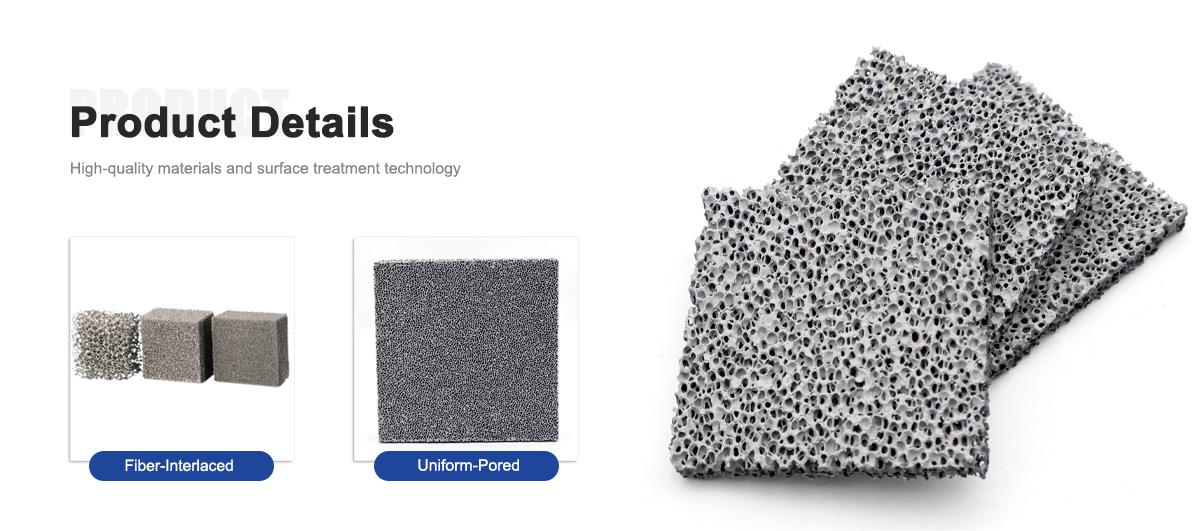
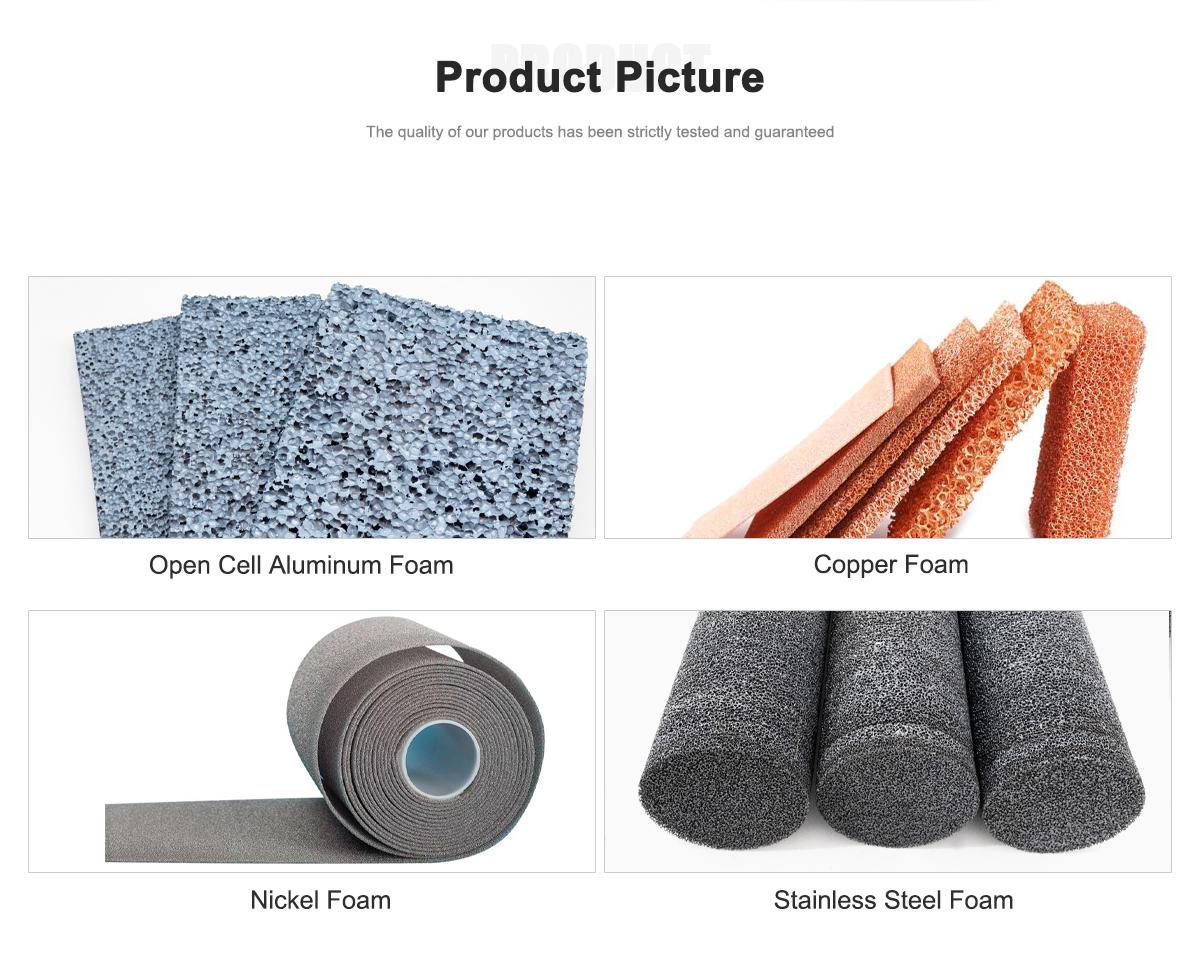
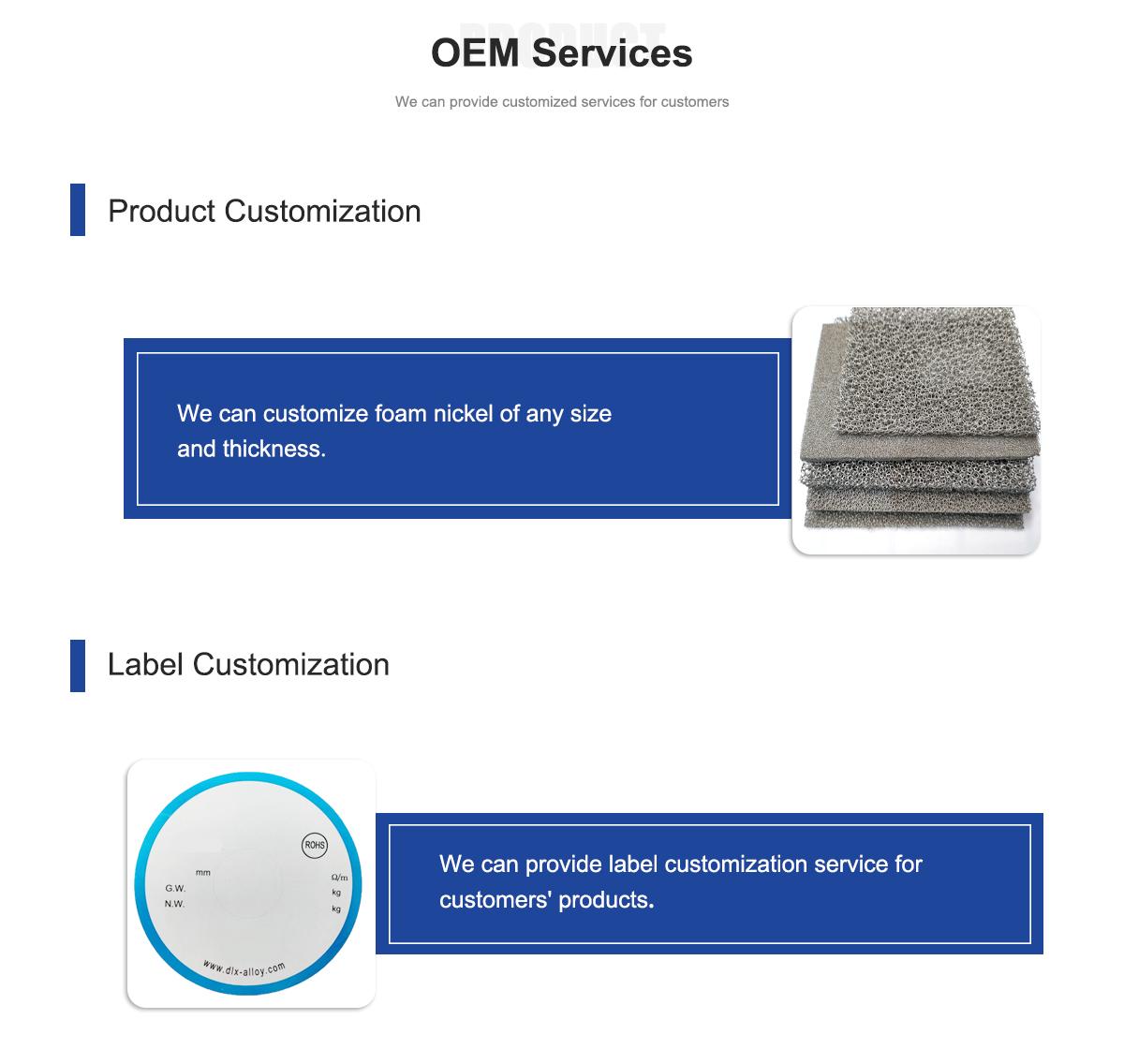
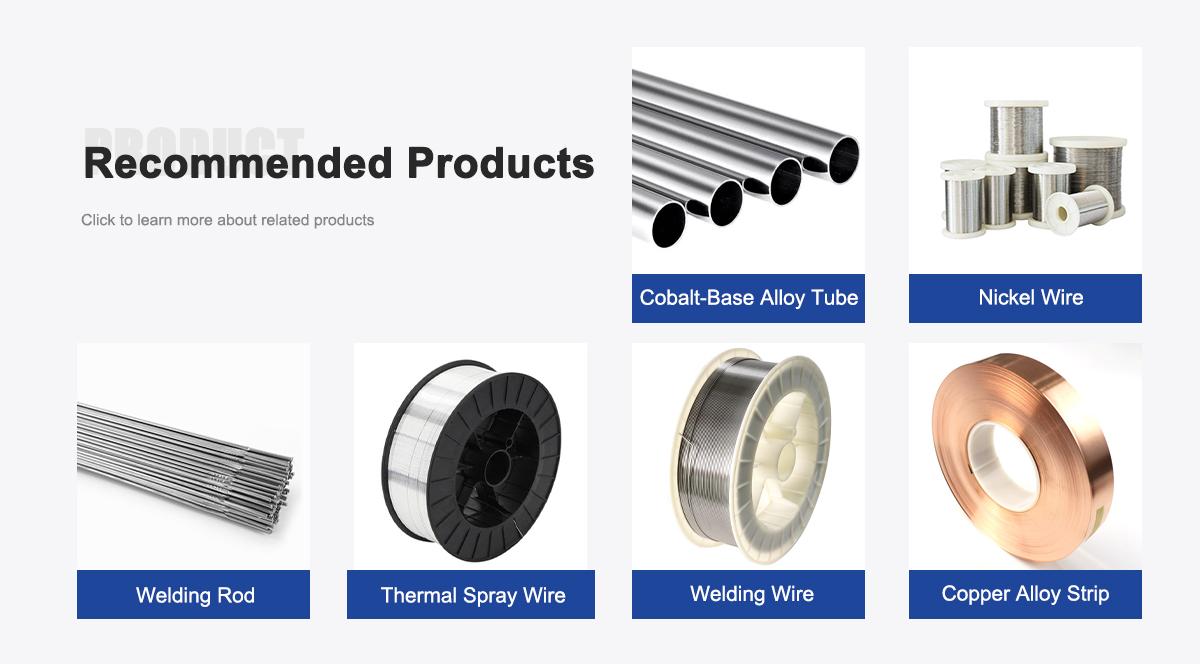
About Us:
Our 12,000㎡ factory is equipped with complete capabilities for research, production, testing, and packaging. We strictly adhere to ISO 9001 standards in our production processes, with an annual output of 1,200 tons. This ensures that we meet both quantity and quality demands. Furthermore, all products undergo rigorous simulated environment testing including high temperature, high pressure, and corrosion tests before being dispatched, ensuring they meet customer specifications.
For all our clients, we offer timely and multilingual after-sales support and technical consulting, helping you resolve any issues swiftly and efficiently.
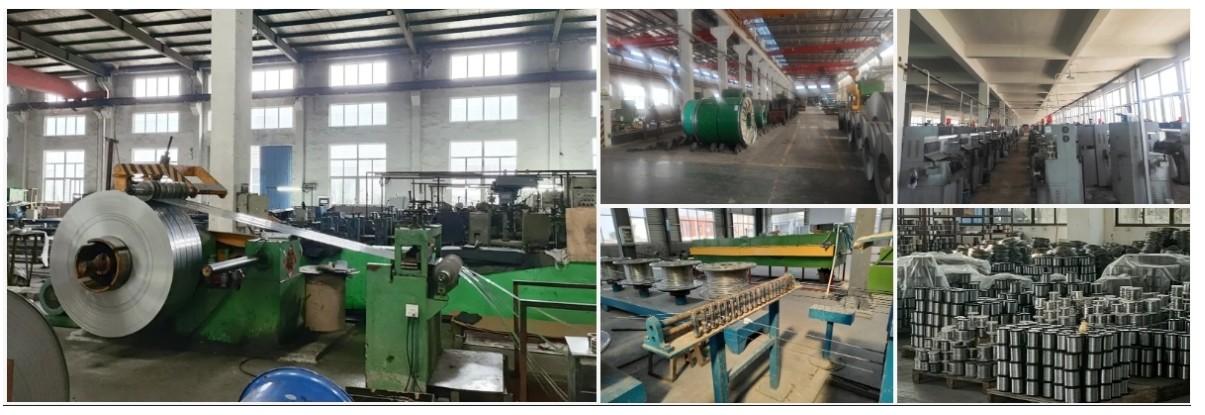
Client Visits
Building Stronger Partnerships
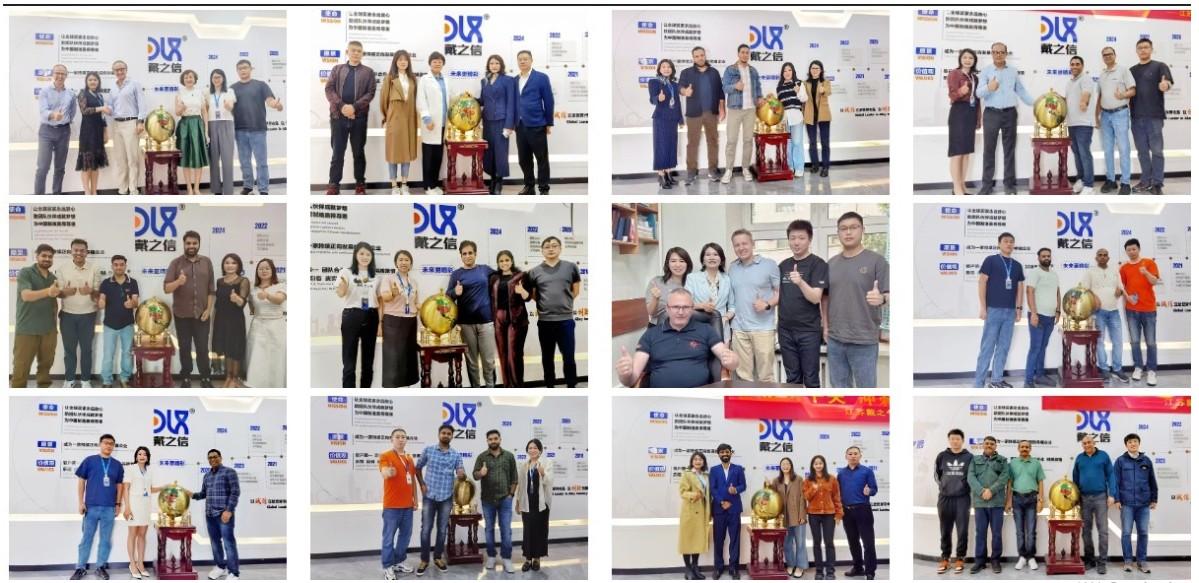
We support all kinds of testing:
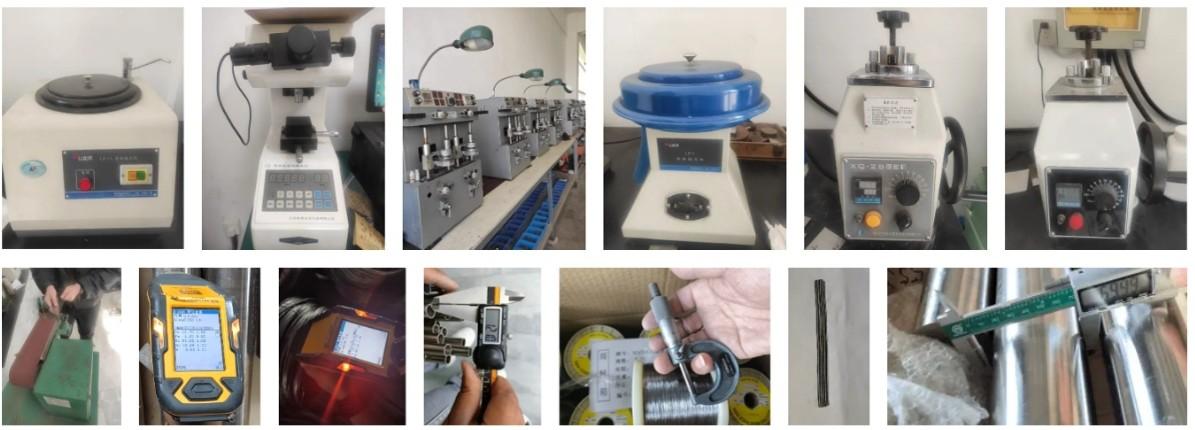

FAQs:
-
What are ultra-light nickel foam sheets?
They’re super lightweight, porous nickel-based sheets designed for catalysis and filtration, offering high surface area and corrosion resistance. -
How do these sheets enhance catalysis?
Their high porosity and surface area maximize catalyst loading and reaction efficiency, speeding up chemical processes. -
How do they improve filtration systems?
The open-cell structure allows efficient fluid flow while trapping contaminants, ensuring effective filtration in harsh environments. -
Which industries use these nickel foam sheets?
Chemical processing, environmental technology, automotive, renewable energy, and wastewater treatment industries rely on them. -
What are the key applications of these sheets?
They’re used in catalytic reactors, air and water filtration, hydrogen production, emission control, and chemical synthesis. -
How do they compare to other materials?
They offer higher porosity, better corrosion resistance, and lighter weight than alternatives like ceramic or stainless steel substrates. -
What are the latest trends in nickel foam for catalysis and filtration?
Growing demand for sustainable processes, advancements in nanostructured foams, and eco-friendly production are driving growth. -
Are these nickel foam sheets eco-friendly?
Yes, they’re fully recyclable, support green technologies, and are produced with energy-efficient methods.

